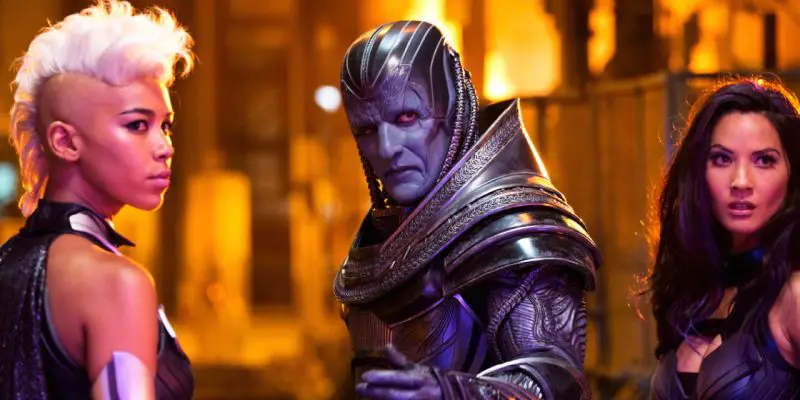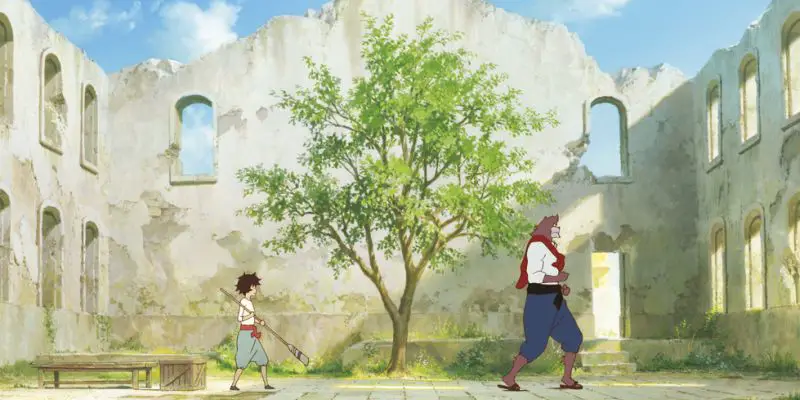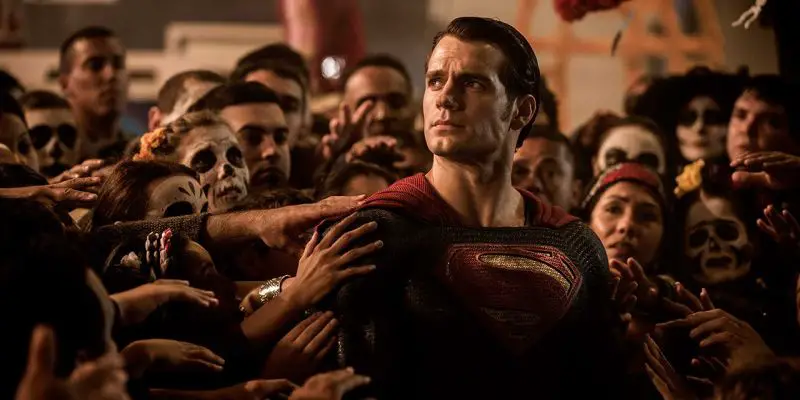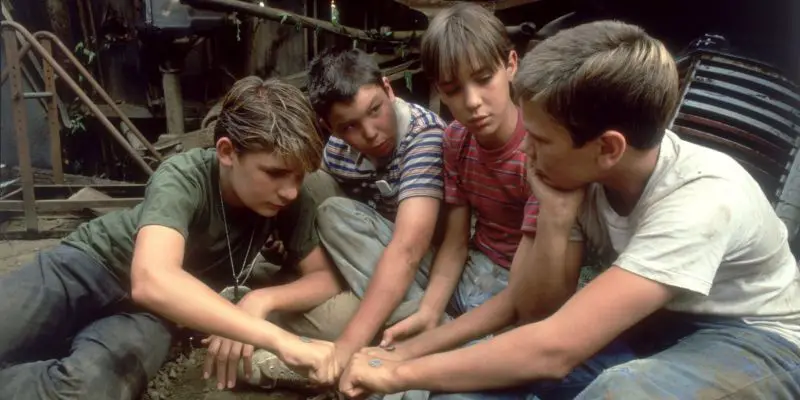adventure

Hollywood seems to be stuck in an age of remakes and sequels. Though original films do exist, they are never as popular or successful as the large-scale blockbusters, which are the only sure moneymakers for studios. Coming from this standpoint, it’s no surprise that Antoine Fuqua’s The Magnificent Seven exists.
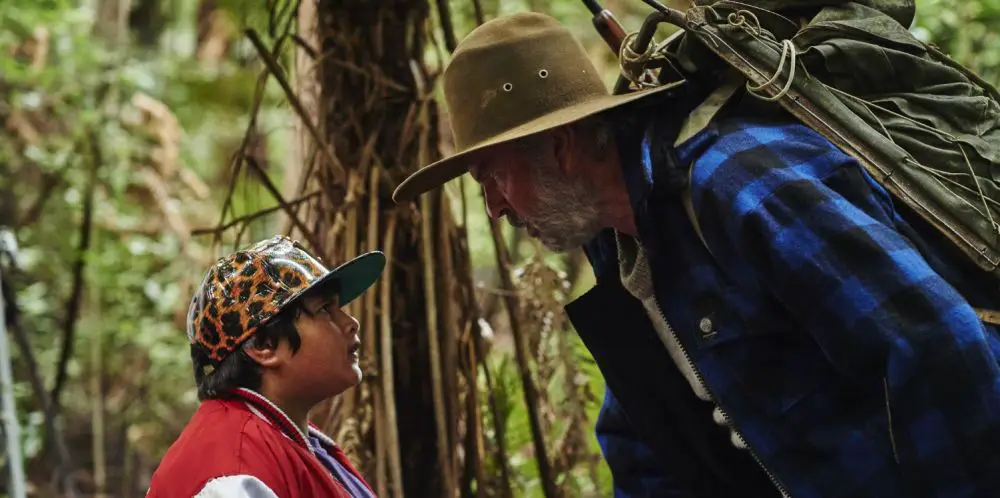
Like much of writer/director Taika Waititi’s other work, Hunt for the Wilderpeople finds humor in asking us to laugh at its characters. They all have some ridiculous traits, and we’re free to have fun at their expense. Some of them are delusional, some of them are myopic, and some of them totally lack self-consciousness.
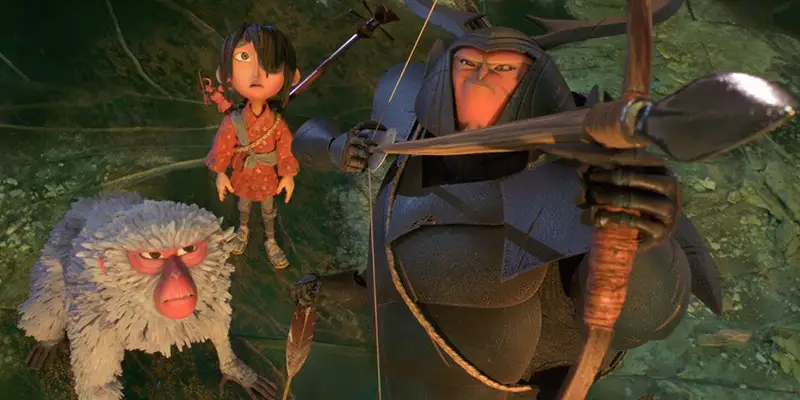
Kubo and the Two Strings is a genuine masterpiece. The word “masterpiece” might be used carelessly and far too often these days when discussing contemporary movies. At the least, Kubo has fulfilled the conventional definition of “masterpiece” no matter how semantically satiated the word has become, if not entirely forging a new meaning altogether.
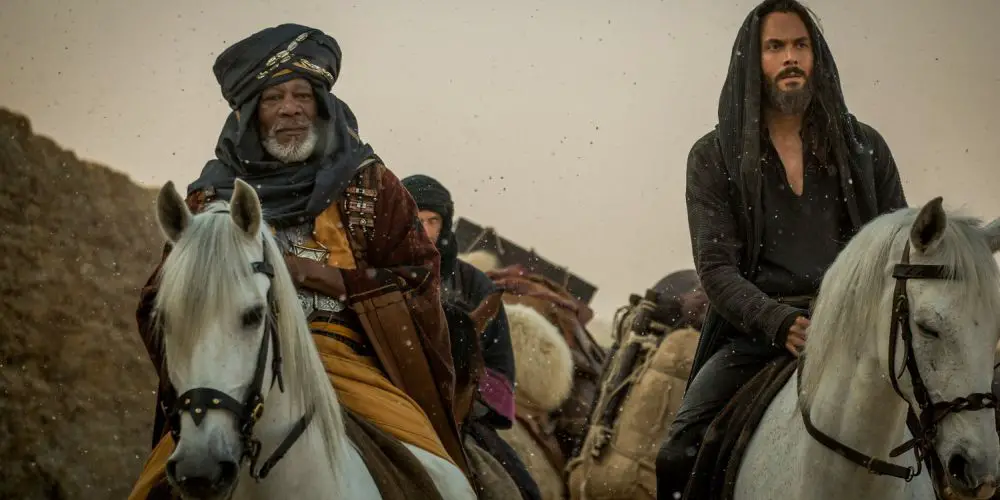
Ben-Hur actually opens with the horses getting ready to bolt from the gates for the chariot race. That will seem heretical to audiences familiar with the Academy Award winning 1959 version of the story. Younger moviegoers may not even realize this is a remake, and may not even realize that the phrase “chariot race” used to refer to a big movie’s big action climax.
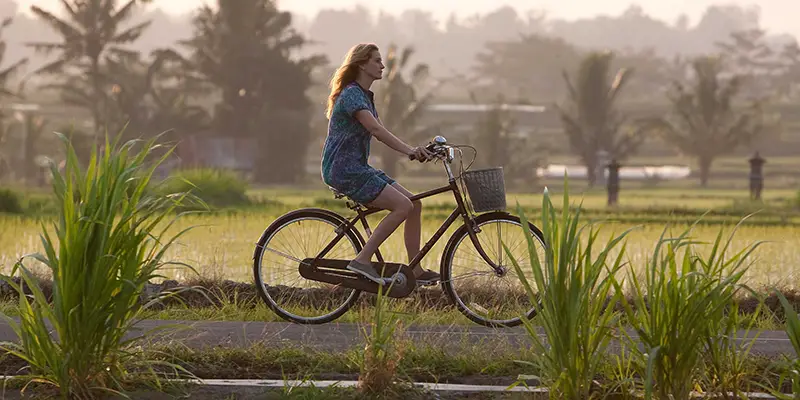
We have all watched a globetrotter movie at some point and thought “man, I want to do that!” Regardless of if you’re an avid adventurer or a couch potato, film can ignite that urge for discovery and make audiences want to grab life by the horns. Whilst most wanderlust movies satisfy a craving for exploration, I have realised that only a select few have the power to truly motivate viewers, making them want to escape their lives of comfort and luxury and replace it with blisters and exhaustion.
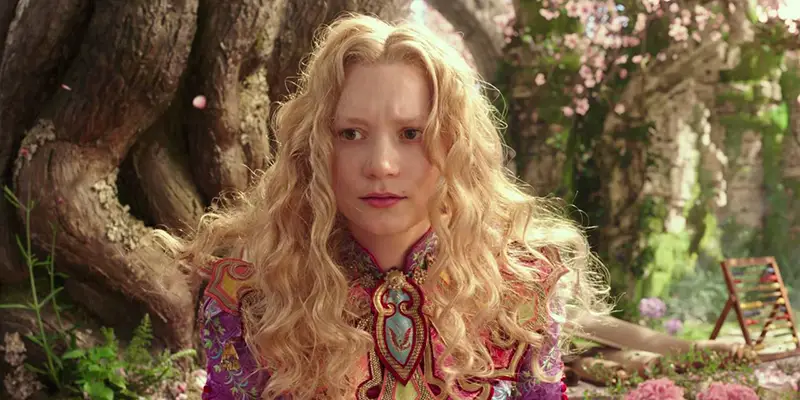
2016 has become the year where audiences are openly questioning the onslaught of mainstream movies coming out, especially when it comes to unnecessary sequels. Some of the films this year that have made us think ‘did this really need a sequel?’ include Now You See Me 2, The Hunstman, My Big Fat Greek Wedding 2, Independence Day 2, Zoolander 2 and even an Ice Age film set in space.
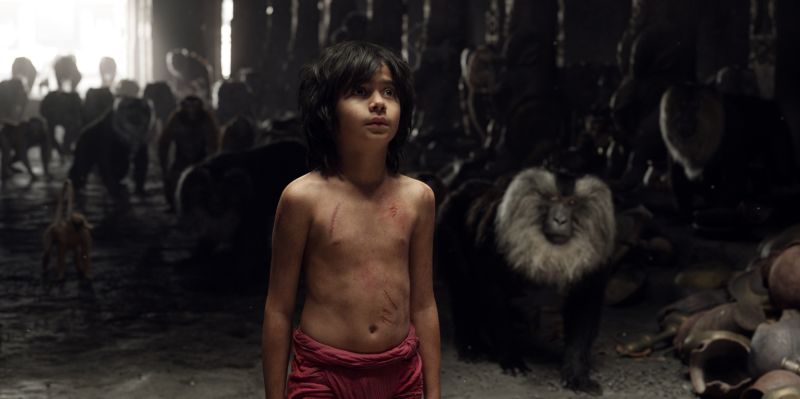
Film is the art of light. Paradoxically, light is that is the ultimate source required for life to exist, and is the greatest substance to cause horrific calamities. Fire was both a blessing and a curse for ancient civilizations to understand and attempt to harness, but it was quite often their undoing.

Zootopia is the cinematic equivalent of a Dr. Seuss novel; though mostly made for kids, it resonates with deeper and socially relevant themes. The political landscape from which this film was born is apparent almost from the start, and though at times less than subtle with its agenda, it still manages to be an incredibly witty, emotional and entertaining movie experience.
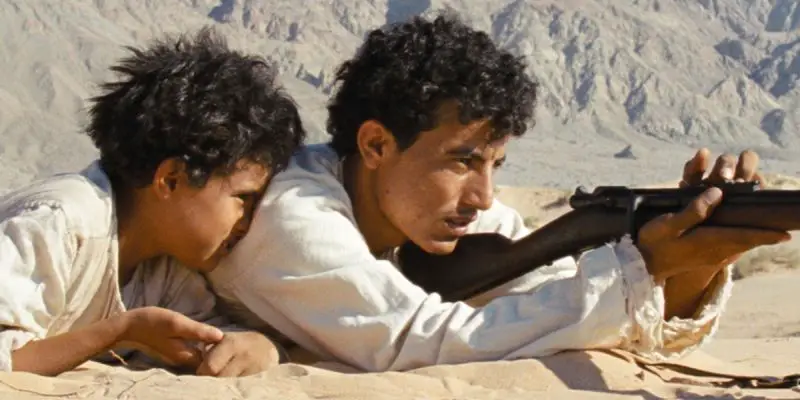
Theeb is an excellent film from this past year, and I’m afraid the precious few people will make it out to see it due to the lack of distribution. Had it not been nominated for the Best Foreign Language Film Oscar this year, I probably would have never come across this little gem. Theeb is set in 1916 toward the end of the Ottoman Empire, in a province known as Hijaz (around Saudi Arabia and Medina) where two brothers, who hail from a family nomads, escort a British soldier with a mysterious wooden box to the Ottomon railway.
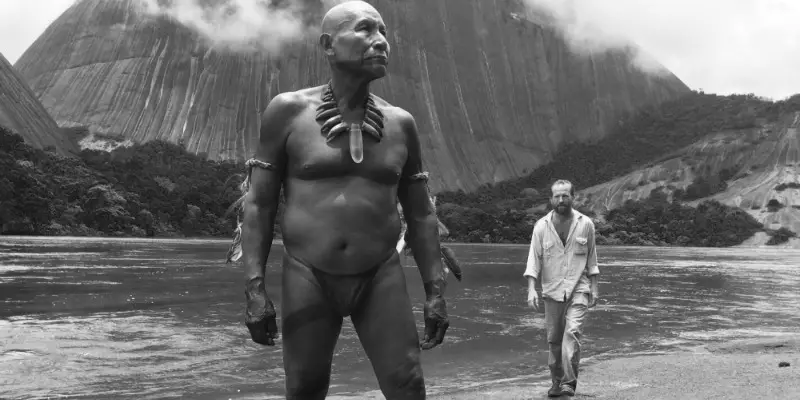
The most damaging and offensive cliché in films that explore colonialism and its effects on indigenous nations is the notion of the noble savage, as well as the white savior. Approaching this film the inevitable trepidations set in, but were soon quelled, as Embrace of the Serpent proved to be simultaneously intelligent and willfully authentic. Director Ciro Guerra film adheres to territorial formalism without subverting the cultural atmosphere and originality.
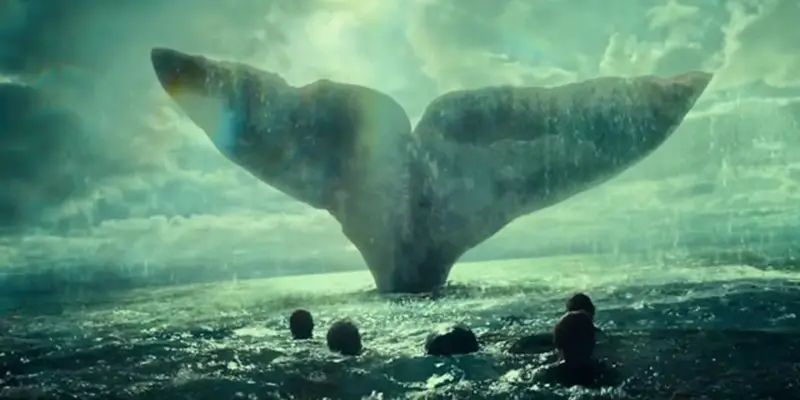
In the Heart of the Sea was originally supposed to premiere in early 2015, but it was pushed to later in the year at the last second. Ron Howard hoped that more people would come out to see the film now as opposed to in early spring, since some other oceanic adventure films have seen success around this time (Life of Pi, for example). It was my sincere hope that pushing the film to December was also because it would be worthy of premiering next to more awards-friendly films, which could mean that it was better than originally expected.


